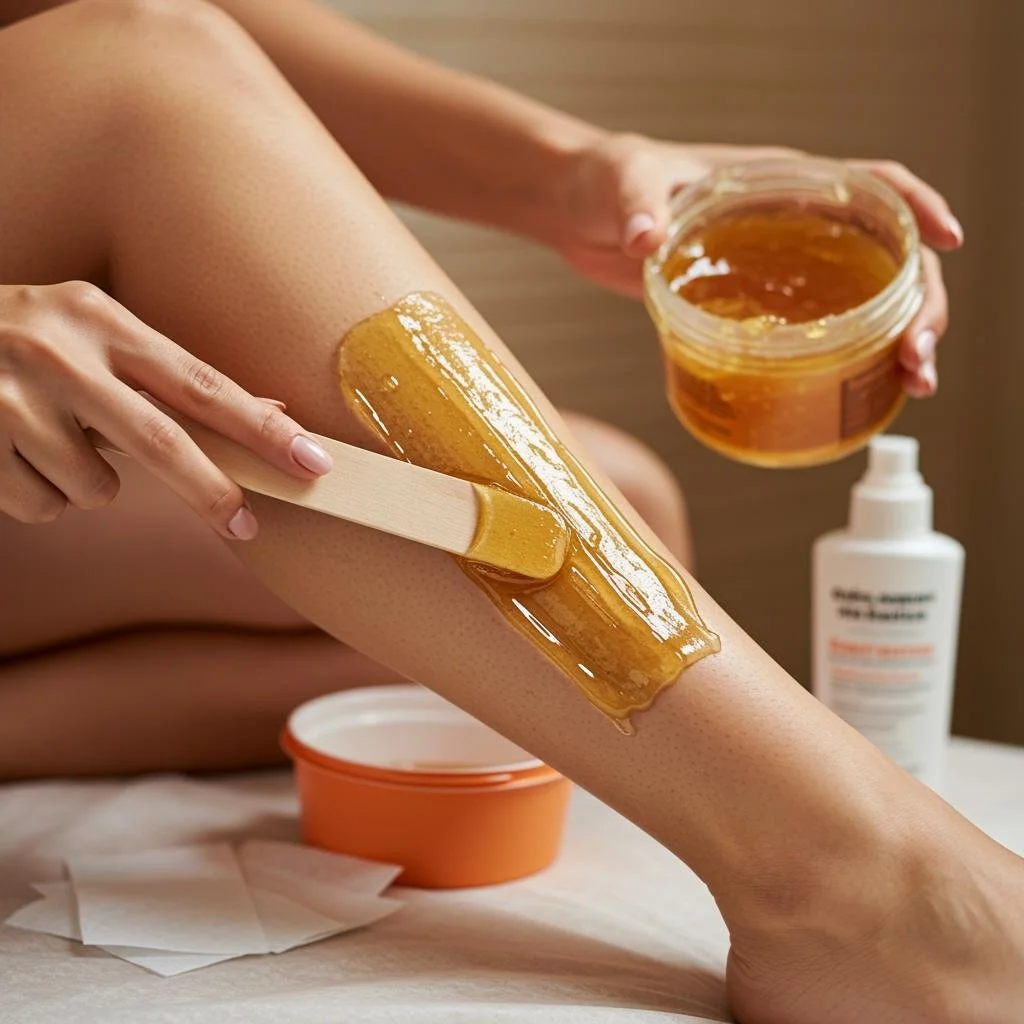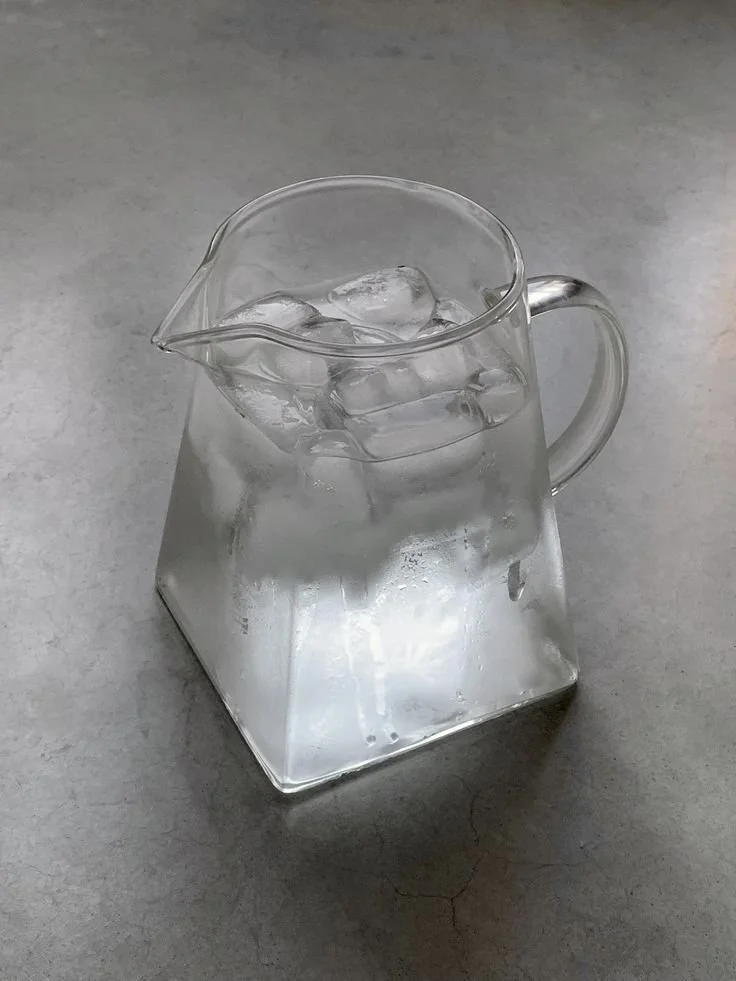Discovering Healthy Hobbies In Addiction Recovery
Embarking upon the road to recovery from addiction is a profound change that encompasses not just the cessation of substance use, but also a complete lifestyle transformation. Finding fulfilling and healthy pastimes plays a pivotal role in this transition, as they can occupy the mind, provide a sense of accomplishment, and establish new routines that support sobriety.
Whether it's engaging in physical exercise, exploring creative outlets, or participating in community events, embracing new hobbies is about discovering joy and purpose without dependence on substances.
In this article, we explore the importance of new hobbies in addiction recovery and how they can positively impact one's journey to lasting wellness.
No. 1
The Role of New Hobbies in Addiction Recovery
In the journey toward lasting sobriety, picking up new hobbies isn't just about filling time; it's about rebuilding a life. Exploring different interests can shift focus away from past triggers, reduce the risk of relapse, and boost mental well-being by stimulating the brain.
These activities not only cultivate personal growth and self-esteem but also help in creating a structured routine crucial for post-addiction life. They bring meaning and fulfillment, whether through the tranquility of gardening or the thrill of mountain biking, offering healthier ways to cope with stress.
Moreover, hobbies can lead to new friendships and support networks that are vital for recovery. Connecting with others who share similar interests, whether through local clubs or resources like hawaiianrecovery.com, provides encouragement and a sense of community on the journey to healing. Such connections prove invaluable, fostering a supportive environment that reaffirms individuals on their path to wellness, away from past struggles like a sweepstakes casino.
No. 2
Identifying Hobbies That Align with Recovery Goals
Choosing hobbies during recovery is crucial for aligning with personal goals. Activities promoting physical and mental health, supporting sobriety, and fitting into a conducive environment are top priorities. Reflecting on suppressed interests can uncover forgotten passions, guiding personal growth and development.
Balancing solitary pursuits like writing or cooking with social activities such as team sports or book clubs fosters both introspection and community building, crucial in supporting recovery. It's about being patient and open to new experiences, understanding that hobbies can spark new passions or even lead to unexpected career paths.
Skillshare
Explore thousands of creative classes with 1 month free
No. 3
The Benefits of Physical Activity for Sustaining Sobriety
Engaging in regular physical activity can significantly benefit those in recovery. Exercise releases endorphins, lifting mood and reducing stress, offering a natural alternative to substance-induced highs.
Activities like hiking or swimming not only boost cardiovascular health but also provide mental clarity and a sense of peace, acting almost like meditation in nature. The discipline of regular exercise fosters accountability and routine, crucial for personal growth.
Team sports offer both fitness and social interaction, fostering connections and a sense of belonging. Whether joining a soccer team or a martial arts class, these activities build teamwork and communication skills essential for recovery.
It's vital to find enjoyable activities that support long-term well-being, boosting confidence and resilience in facing life's challenges without relying on substances.
No. 4
Creative and Artistic Hobbies for Emotional Expression
Engaging in creative hobbies like painting, writing, or playing music can be incredibly therapeutic for those in recovery. These activities allow individuals to express and explore their emotions constructively, rather than bottling them up. Creating something tangible not only documents their journey but also serves as a visible marker of personal growth, reinforcing their commitment to healing.
For many, these artistic pursuits open doors to new opportunities, from exhibiting their work locally to sharing their stories with a wider audience. Whether experienced or new to these hobbies, focusing on the process itself can bring joy and relaxation, making the transformative power of creativity accessible to all.
No. 5
Building a Supportive Community Through Group Activities
Social interaction is crucial for addiction recovery, with group hobbies playing a key role in fostering supportive communities. Joining clubs or attending events centered on shared interests connects individuals with like-minded peers who offer valuable support during tough times on the journey to sobriety.
Engaging in activities like volunteer work or group fitness not only builds community but also boosts self-esteem by contributing to something larger than oneself. Choosing positive and supportive communities is essential. Participating in structured group activities provides a balanced social outlet, helping individuals in recovery find joy and build lasting friendships that strengthen their path to long-term sobriety.
Takeaways
Embracing new hobbies can be a cornerstone of a successful recovery process. They fill the void left by addiction with positive experiences, create opportunities for personal growth, and cultivate supportive relationships.
By investing time in activities that foster both personal fulfillment and social connections, individuals in recovery can build a rich and rewarding sober life. The journey to recovery is not only about avoiding what harms you but also discovering what heals you.
LOOKING FOR WELLNESS RESOURCES?
Are you looking to enhance your wellness routine? Explore our wellness partners who offer a wide range of resources to support your journey toward holistic living and well-being.































